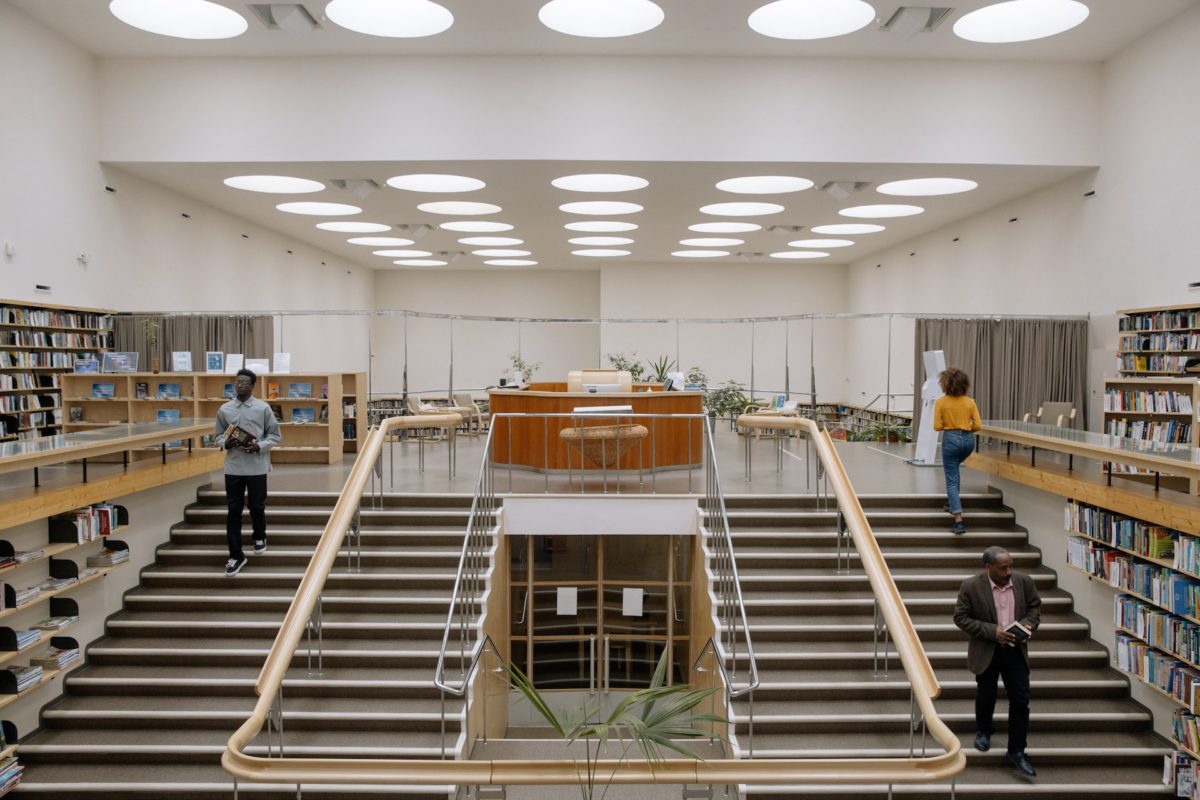
UX is simplification and matching customer’s expectations
Delivering a seamless user experience is difficult, some might argue even impossible. But aiming to achieve it is key to creating leading products. Organizations need to make sure they deliver what their users want, need, and expect and the response to this apparent utopia lies in having user-centered principles. Dan Mayers, head of product development at OpenAthens unveils the secrets to a first-class UX.
To deliver a top-notch user experience you need to “provide simple and intuitive tools that allow users the ability to complete their goals as quickly and effectively as possible”, says Mayers. The principles to ensure a great UX are, in theory, straightforward; “whatever the changes or improvements we make, they should be as simple and intuitive as possible for users to reach their goals.” He explains how the product team at OpenAthens uses user-centered design principles to understand customers and their audience, users, behaviors, needs and pain points; “it is the only way we can make sure that all of the products that we build serve their needs.”
It is increasingly important, explains Mayers, to make sure the content is accessible across platforms and be aware that UX is constantly iterative. Designers need to “test their prototype and ensure it reaches their goals.” They can do that by doing experiments, A/B tests or, in a sector like OpenAthens’ a granular level experimental approach “is really useful because we have a really tight community of great librarians that we work with”, says Mayers. “It's much easier to sit down with them, talk through what their challenges, problems and issues are, and design ways in which we can improve their working life. They're the key.”
The “feel-good factor”
When working on a product for a librarian, it is important to understand the library administrator might be dealing with tens of thousands of user accounts. “You don't want to feel worried about what you are doing, you want to trust the software to do the right thing and to help you complete the job without having extra concerns”, explains the head of product development. “We need to think about how people feel about what they are doing in their day-to-day lives and the associated emotional experiences. So, they will feel good about doing something, instead of worried about it.”
It is important to be aware of the type of product you are dealing with, Mayers recognizes the highly technical space where OpenAthens sits. “It is important that we up our game in our sector to ensure we match the librarians' expectations. We know it is a very complicated space, which doesn't mean we should shy away from trying to achieve seamless, intuitive, and enjoyable experiences for people.”
Embracing user-centered design processes
On occasions, designers get disappointed when they share their work, and the audience doesn’t understand it. “The problem is never the user, but the designer that has to make it work and mitigate the risk of getting something wrong”, explains Dan Mayers. There is always room for less costly mistakes by testing before going into the development phase. “The best practice is to have user-centered design processes, a UX flow from the research phase through to the prototype, as well as understand the pain points, personas and customer journeys to build designs that can be tested with users.”
Finding the pain points before starting a new project is fundamental, “we do research to understand where the friction is because it could generate problems that bubble into a full product design.” The information comes from multiple feedback channels such as the product data feed, advice from the service desk, surveys, external research,… “Our product team aggregates all the information, works out the most important points to focus on and generates product designs or enhancement requests for existing users”, explains Mayers. “We want to improve the user experience, and it is the experience of people that will guide what those changes are going to be”.
A product for international audiences
User experience is the star around which product development gravitates. This poses a challenge for products designed for international audiences, targeting users with very different backgrounds and needs. For Dan Mayers, there are two different strategies to achieve success: make sure that it is as international and simplified as it could be to reach as many people as possible and think about it as an international product”, to which localization is fundamental.
“We are looking at doing more localization. I think it is important because we are a global company, and our focus is removing barriers to knowledge. If language is a barrier, we need to make sure that we are overcoming it.”
Looking at the future of the industry
If there is something in the near future for the industry, it is the upcoming browser changes, which will affect authentication providers. “One of the things that OpenAthens has is a technical team with a lot of experience in this sector and area. We are aware of the changes being proposed and are continually doing research and development to make sure we are ahead of whatever those changes are, so our customers have a minimal impact”, Mayers explains. “It is important that our customers can trust us to be ahead of the curve on technical changes given the complexity of the sector.”
Trust is in fact another important factor linked to user experience, coming to the spotlight more and more as AI impacts product development. “AI will provide opportunities across the academic sector, but also challenges, particularly around trust”, explains Mayers. “Researchers need to be able to trust the research they are getting hold of, and some elements of AI struggle at making sure that all the information is absolutely correct”, he adds.
The OpenAthens head of product development looks at the future and reflects on the company’s more than 25 years and how important the relation of trust with its customers is. “Over that time, many customers have required features and enhancements, which has generated a lot of specialization in the product. We are trying to look at the current experience from a user perspective, focusing on making improvements that help librarians in the way they work within OpenAthens.” In the end, he says, it is “all about simplification. The first thing will always be making the product easier to use for them.”
A full version of this article was published in Research Information on 8 August 2023.

Want to find out more about library user experience around the world?
We worked with consultancy firm Digirati to talk in depth to academic library users across the globe about access to digital content. In this report we review the common challenges that users and researchers face and discuss how they could be resolved.
